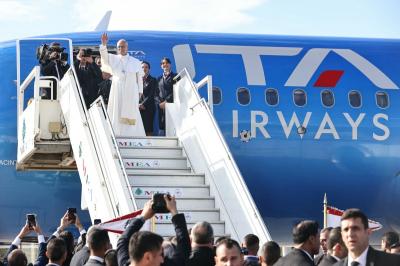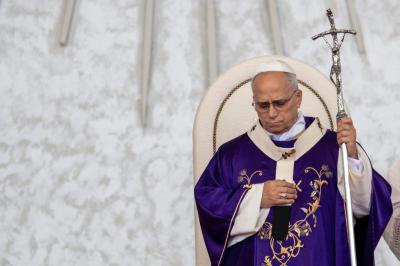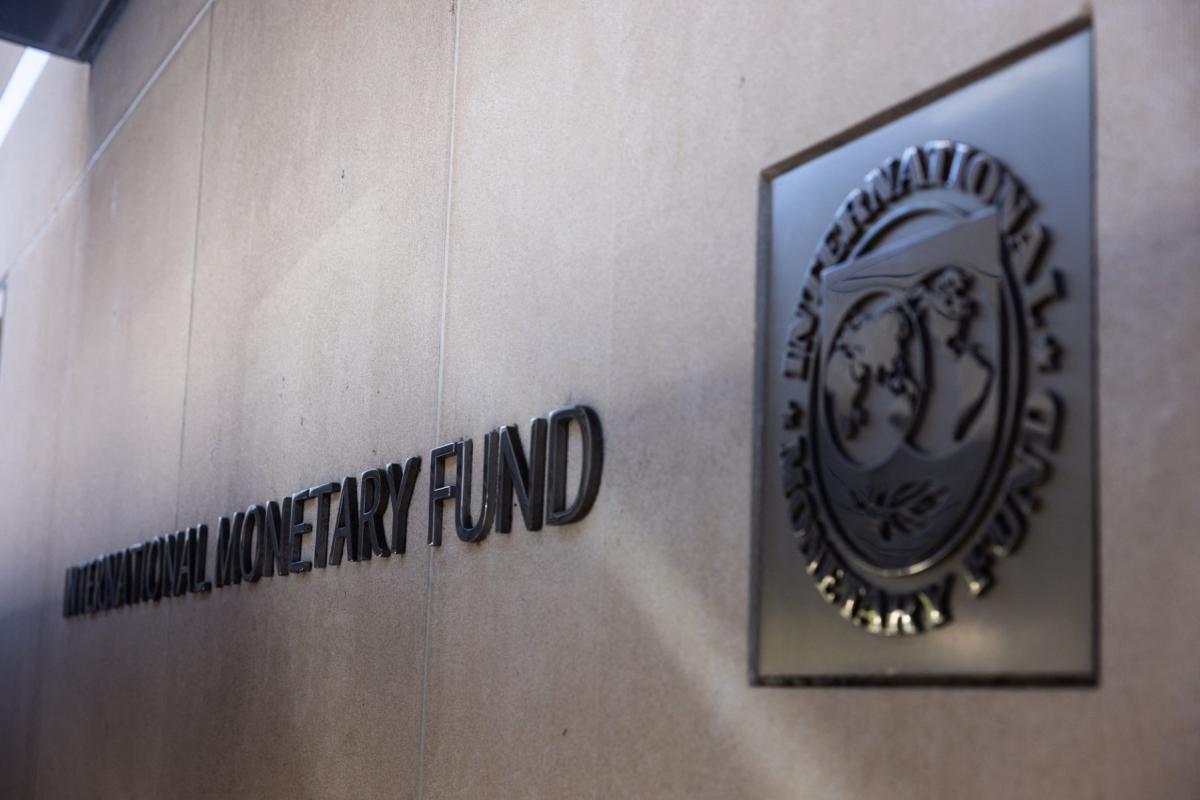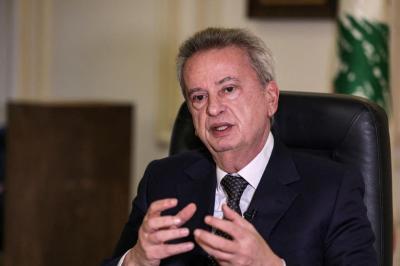Lebanon’s delegation has returned from the annual fall meetings of the International Monetary Fund (IMF) and the World Bank in Washington carrying little more than words. Words—repetitions of the same warnings these institutions have issued to Lebanese officials for years, long before the financial collapse: stop buying time and start implementing reforms.
The delegation, led by Finance Minister Yassine Jaber and including the ministers of economy and social affairs, along with the governor of the central bank, arrived with confidence. They believed that recent measures—the adoption of bank secrecy and restructuring laws, a medium-term economic recovery plan, and the approval of regulatory bodies for electricity, telecommunications, and civil aviation—would suffice. Instead, they discovered that these initiatives carried little weight in the halls of international decision-making.
The Scope of the Meetings
Formally, the IMF and World Bank meetings, held every spring and fall, focus on global economic challenges: sovereign debt, inflation, corruption, poverty, currency collapses, and climate change. National issues surface only during regional sessions or side discussions between delegations and international officials. These talks rarely result in concrete commitments, serving more as brainstorming exercises.
Substantively, Lebanon’s so-called achievements were already flagged by the IMF as insufficient during its recent visit to Beirut. The amended banking secrecy law remains unenforced. The financial sector still requires sweeping reforms. The “financial gap” law is vague. Efforts to strengthen anti-money laundering and counter-terrorism financing are sluggish. And serious doubts persist over whether the newly created regulatory bodies will serve any purpose beyond providing inflated salaries to board members, just as many other Lebanese agencies have in the past.
Stalled IMF Agreement
Even Lebanese officials admit the obstacles to an IMF deal. Finance Minister Jaber acknowledged that “around 60% of the requirements for banking sector reform have been agreed upon,” while the rest remain unresolved. Repeatedly, he stressed that securing an IMF program “takes time,” noting the resistance of local banks to absorbing heavy losses or accepting forced mergers. He explained that a full audit of banks is needed to assess deposits, verify capital, and examine practices. Drawing up a legal framework might take two to three months, he said, but actual implementation after parliamentary approval would require even longer.
Lebanon and the World Bank
On the World Bank front, Jaber emphasized that the institution has already approved loans exceeding $1 billion since the spring meetings, though many are still awaiting parliamentary ratification. Some projects are underway, with the delegation pushing to fast-track initiatives in electricity, gas, and water, while preparing new programs for social protection and digital transformation.
The World Bank welcomed these moves, and in a sign of support, ten executive directors will visit Lebanon in early November. The delegation also met with the European Commission, which expressed readiness to increase grants and aid—but only if Lebanon commits to a clear program anchored in an IMF agreement.
Future Challenges
“The implementation of reforms is a national necessity before being an international demand,” Jaber repeated. Yet selective reform—or worse, watered-down measures—may prove more damaging than inaction. The draft 2026 budget is a case in point: another austerity plan laden with taxes and fees, devoid of any genuine reformist vision. Worse still, it disregards both national accounts and the $1 billion in loans already contracted, leaving the economy shackled to rentier dynamics and expatriate remittances.
According to the Central Administration of Statistics, net annual remittances rose from an average of $2.4 billion between 2013 and 2019 to about $7 billion between 2020 and 2023. Post-collapse, remittances now account for 18.7% of GDP—up from just 4.7% in the pre-crisis period.
The Egyptian model
Lebanon may be drifting toward Egypt’s experience, where reliance on massive borrowing has pushed debt service costs to nearly half of projected spending in the 2026 budget. Such a burden crowds out social protection expenditures and reveals distorted fiscal priorities. With Lebanon’s GDP unlikely to exceed $30 billion, the weight of existing and future debt raises alarms of a similar trap.
Symbolic Participation or Genuine Intent?
“Is Lebanon’s participation in these meetings mere window-dressing, or is there a real intention to implement reforms and rebuild the country?” asked Dr. Fouad Zmokhol, president of the International Union of Businessmen and Businesswomen of Lebanon. He argued that while international presence is important, what matters most is not photo opportunities but actual follow-through on commitments.
For now, however, Lebanon remains stuck in the autumn of its crisis, offering wilted leaves instead of genuine reforms—both at home and on the international stage.
Please post your comments on:
[email protected]
 Politics
Politics













